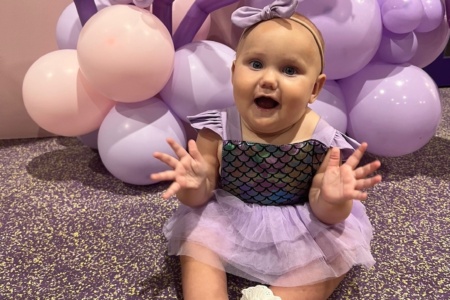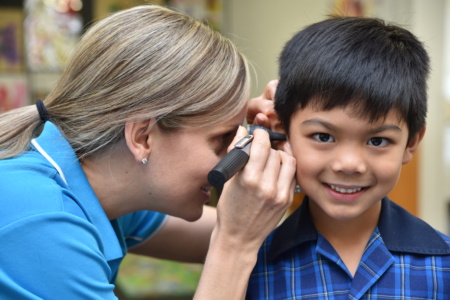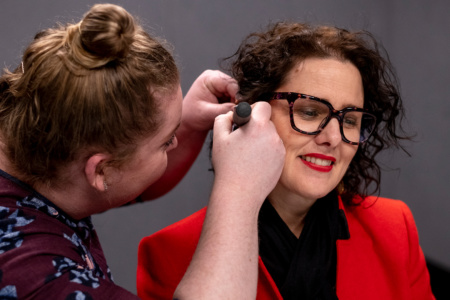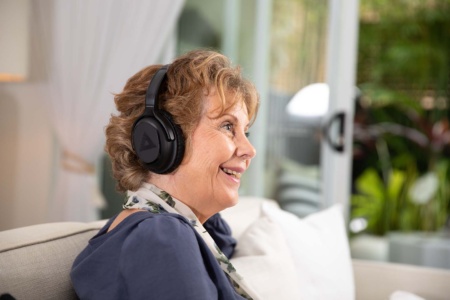With people waiting on average seven years before seeking support for issues with hearing loss (Davis et al., 2007), it’s not surprising that misconceptions potentially put off many people when they are considering booking a hearing test.
Check out these six common myths about hearing aids, to see if you may be letting the stigma of hearing loss hold you back in seeking treatment.
Myth: My hearing loss isn’t bad enough for hearing aids
Hearing loss can occur at any time and slowly impacts the way you interact with the world. Often, it’s family and friends who notice – and get frustrated – first. Over time, this can significantly impact mental wellbeing and lead to withdrawal from social settings, difficulties communicating and loss of confidence.
Early intervention is key even with mild hearing loss, particularly to protect your residual hearing long term. There are many types and styles of hearing aids, and as Hear and Say is independent of all manufacturers, we will recommend technology best suited to your specific type of hearing loss, lifestyle, budget and goals.


Myth: Delaying seeking support isn’t serious
Most hearing loss is gradual, which means people may not get their hearing checked regularly or seek treatment when they should. Instead, they may find themselves unconsciously adjusting their lives to accommodate, such as turning up the TV volume or using subtitles. However, the impact can be more far-reaching. The longer your brain goes without sound, the more you begin to permanently lose your ability to process and understand it. Keeping your brain’s auditory system stimulated and using hearing technology when necessary keeps it active and healthy, helping to protect your future ability to hear and overall quality of life (Griffiths et al., 2020).
Myth: Hearing aids are only for ‘old’ people
Many people believe that losing their hearing is an inevitable part of the ageing process – something just to put up with rather than a medical condition that can be treated. This leads to delays in prevention, monitoring, diagnosis and treatment, which can result in people becoming socially isolated and having a poorer quality of life. However, just like changes to your eyesight, hearing loss can occur at any age, at any time – it is not a condition faced only by the elderly.
Myth: Hearing aids are too big and bulky
Modern hearing aids are far more discrete than their early predecessors, which were often clunky and uncomfortable to wear. Today, models are lightweight and vary greatly in shape, colour and style. Options are also available for hearing aids which sit very discretely behind or inside the ear – and in general, are much more inconspicuous than having to constantly ask your family and friends to repeat themselves in conversation!
Myth: Hearing aids are too hard to use
Following your initial fitting, it can take a little time and persistence for your brain to adjust to using your new hearing aids. At Hear and Say, your fitting includes a 60-day program to guarantee the type of technology you have chosen is best suited for your needs and goals. This includes follow-up, fine-tuning appointments and a money-back guarantee on your device to ensure that you are getting the most from your new technology and receiving adequate support.
References
Davis, A., Smith, P., Ferguson, M., Stephens, D., & Gianopoulos, I. (2007). Acceptability, benefit and costs of early screening for hearing disability: A study of potential screening tests and models. Health Technology Assessment, 11(42): 1-294.
Griffiths, T., Lad, M., Sukhbinder, K., Holmes, E., McMurray, B., Maguire, E.A., Billig, A.J., & Sedley, W. (2020). How Can Hearing Loss Cause Dementia? Neuron, 108(3): 301-412.









